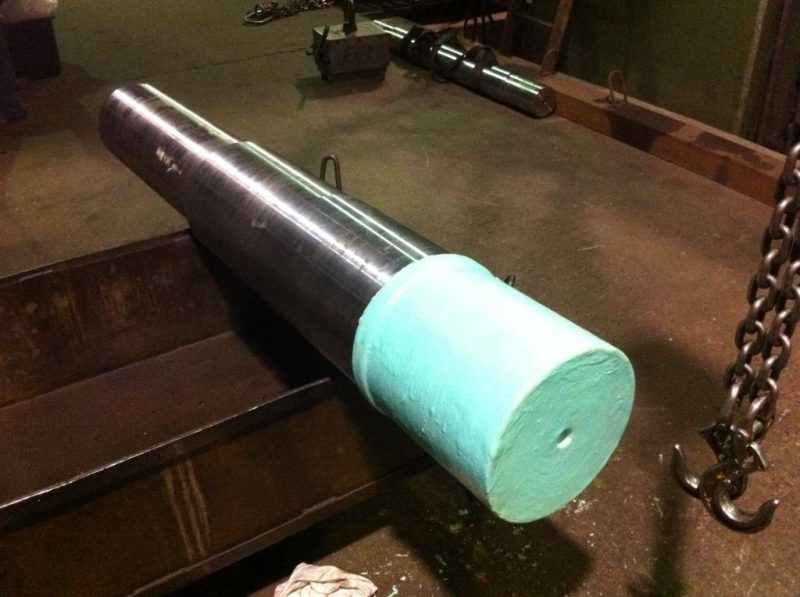
Learn how case hardening steel gears enhance durability and performance in high-stress applications. Discover key considerations for extending gear lifespan.
Case hardening steel gears is a vital process in enhancing the longevity and performance of components used in high-stress applications. This heat treatment technique is designed to create a hard, wear-resistant outer layer while maintaining a tough, ductile core. This combination of properties is essential for components like gears, which are subjected to significant surface pressures and fatigue stresses during operation.
Case Hardening Processes for Steel Gears
Several case hardening processes can be used to treat steel gears, each with its advantages and disadvantages. Some of the most common methods include:
• Carburizing: This process involves heating the steel in a carbon-rich atmosphere, allowing carbon to diffuse into the surface layer. Carburizing is often used to create a thick, hard case on steel gears.
• Nitriding: It involves heating the steel in a nitrogen-rich atmosphere, causing nitrogen to diffuse into the surface layer. Nitriding produces a hard, wear-resistant case that is also resistant to corrosion.
• Induction Hardening: This process involves using electromagnetic induction to heat the surface of the steel rapidly, followed by quenching. Induction hardening is a flexible method that can be used to harden specific areas of a gear.
Case Hardening Improves Longevity in High-Stress Applications
Case hardening is a crucial process for enhancing the durability and performance of steel gears, especially in high-stress applications. Here’s how it improves gear longevity:
• Wear Resistance: The hard outer layer significantly improves the gear’s resistance to wear and tear. This is crucial in high-stress environments where gears are subjected to heavy loads and friction, as it helps prevent premature wear and extends the gear’s operational life.
• Fatigue Strength: The process enhances the fatigue strength of gears by reducing the likelihood of surface cracks and failures under repeated stress. This is particularly important in applications with cyclic loading, where the ability to endure repeated stress cycles without failure is essential.
• Reduced Friction: The hard surface layer reduces friction between the gear teeth, which decreases the amount of heat generated during operation. Lower friction translates to less wear and a more efficient transmission of power.
• Improved Load-Carrying Capacity: The increased surface hardness allows gears to handle higher loads without deforming or failing. This means that gears can operate efficiently under greater stresses without compromising their integrity.
• Increased Reliability: By improving the hardness, wear resistance, and fatigue strength, case hardening enhances the overall reliability of gears. This leads to fewer breakdowns and maintenance needs, which is vital in high-stress applications where reliability is crucial.
Applications in Various Industries
Case hardening steel gears find extensive use across multiple industries due to their enhanced durability and performance. In the automotive industry, components such as gearbox parts, drive shafts, and differential gears benefit significantly from the increased fatigue resistance and longevity provided by case-hardened steel.
Aerospace applications also rely on these gears, particularly in landing gear and transmission systems, where high surface hardness and toughness are crucial for ensuring reliability under extreme conditions. Similarly, in industrial machinery, gear systems and bearings in heavy-duty equipment depend on the strength and wear resistance of case-hardened steel to withstand high loads and prolonged use.
Alpha Detroit Heat Treatment specialises in providing high-quality case hardening services to meet the specific needs of your equipment. Contact us to learn more information.
Optimized by: Netwizard SEO
